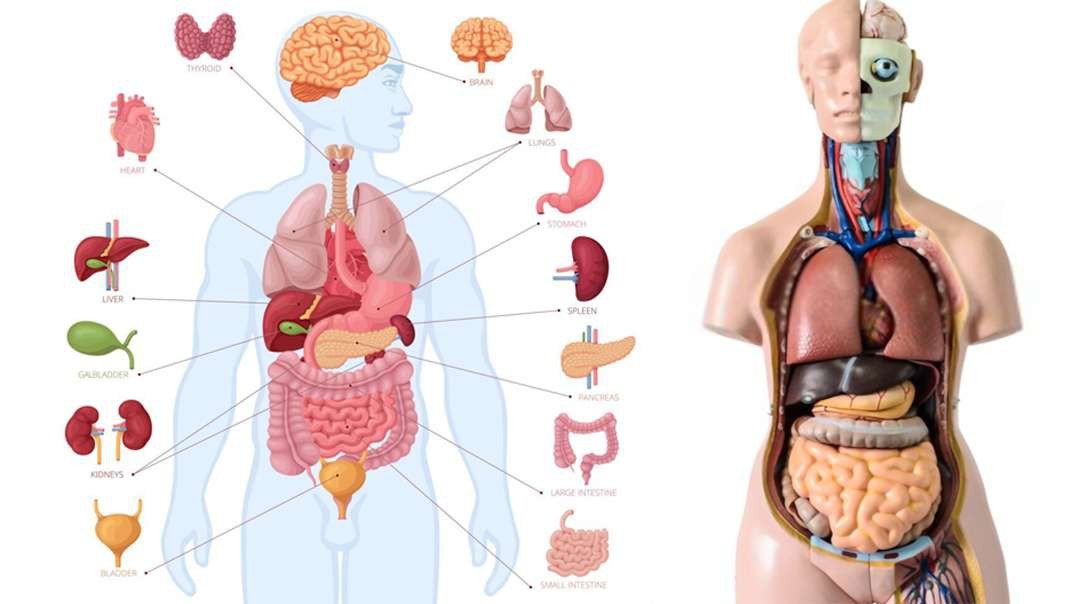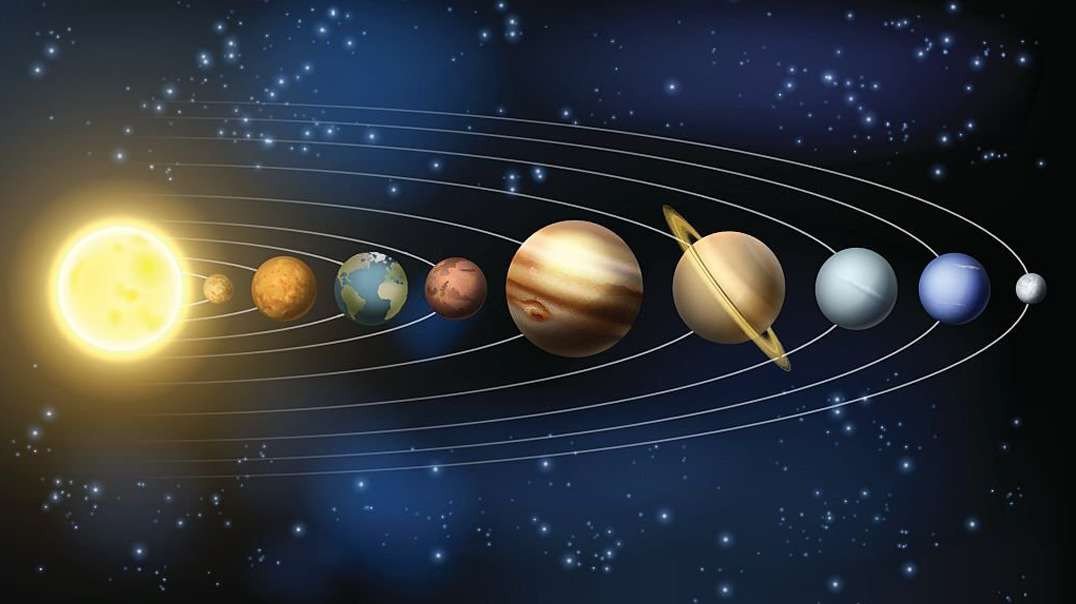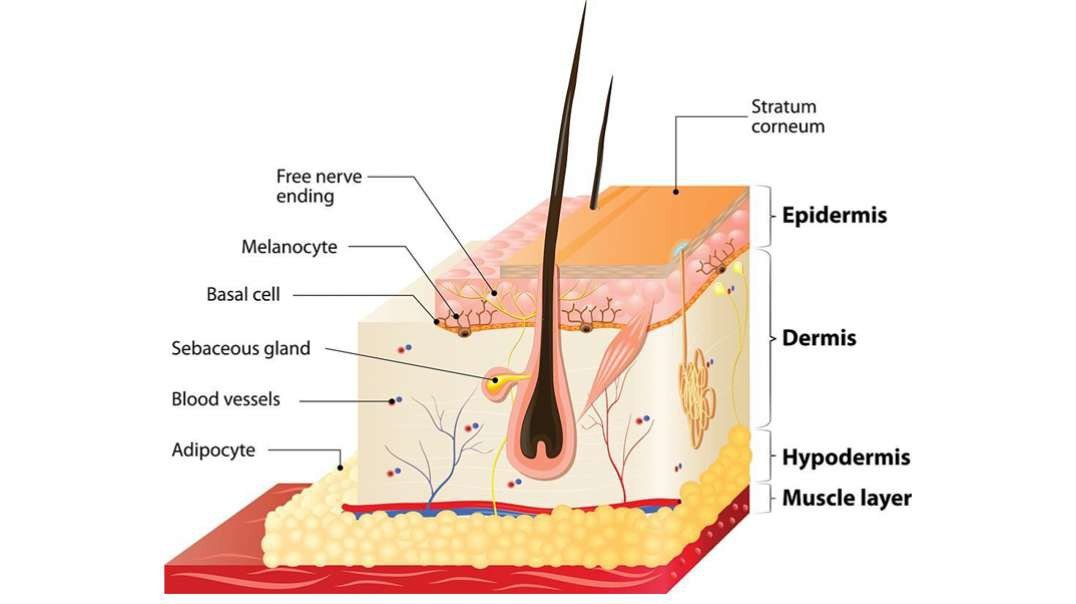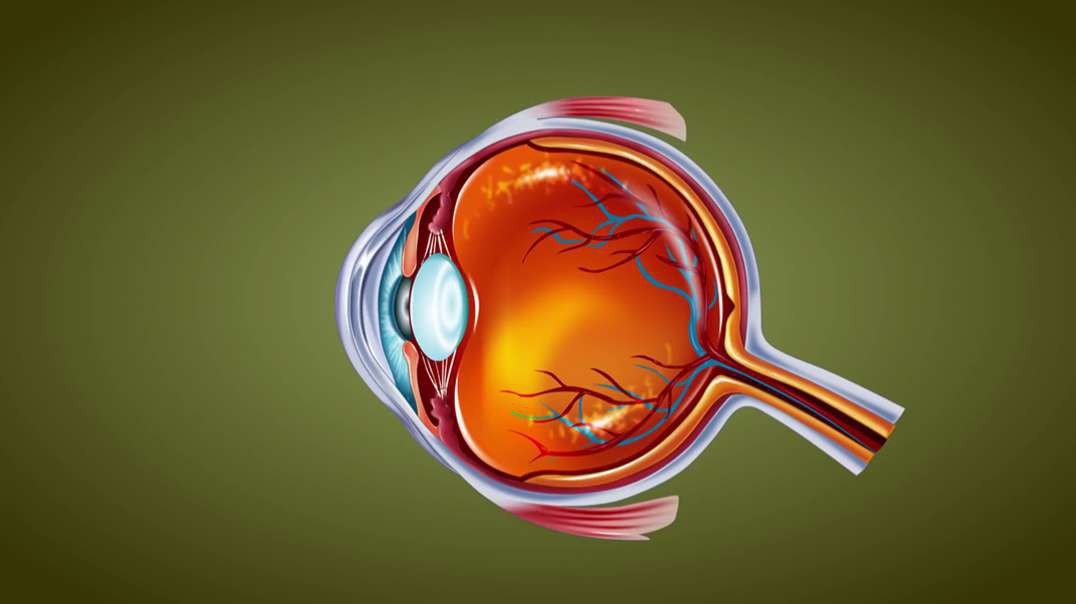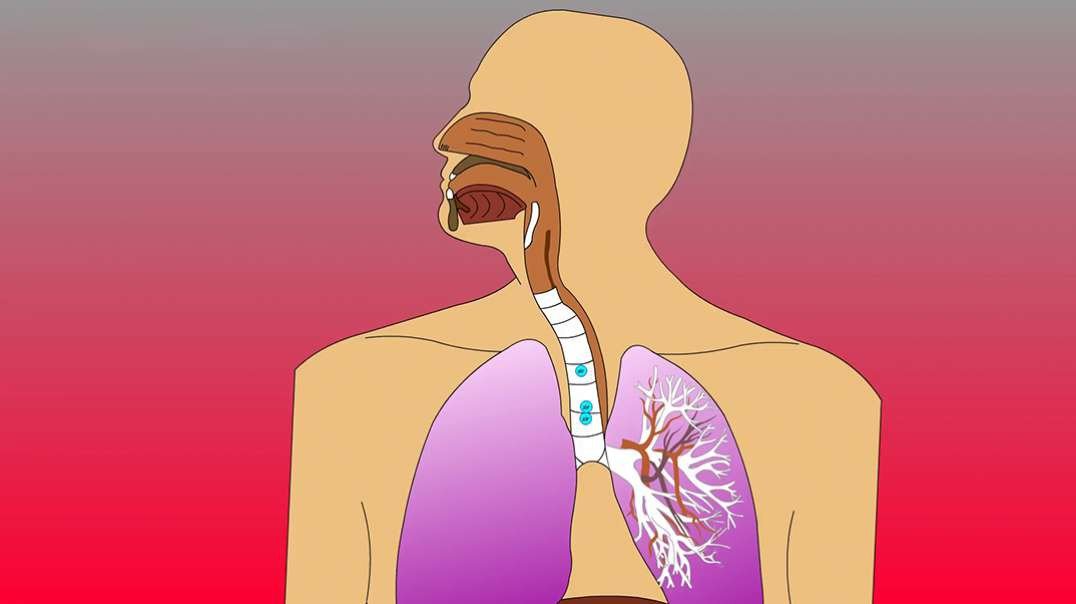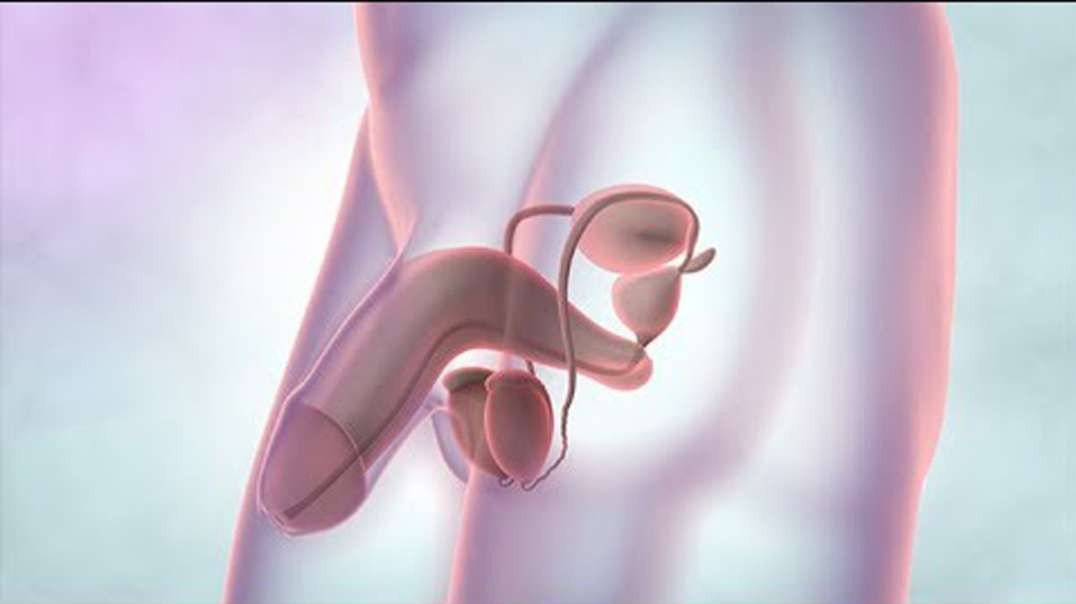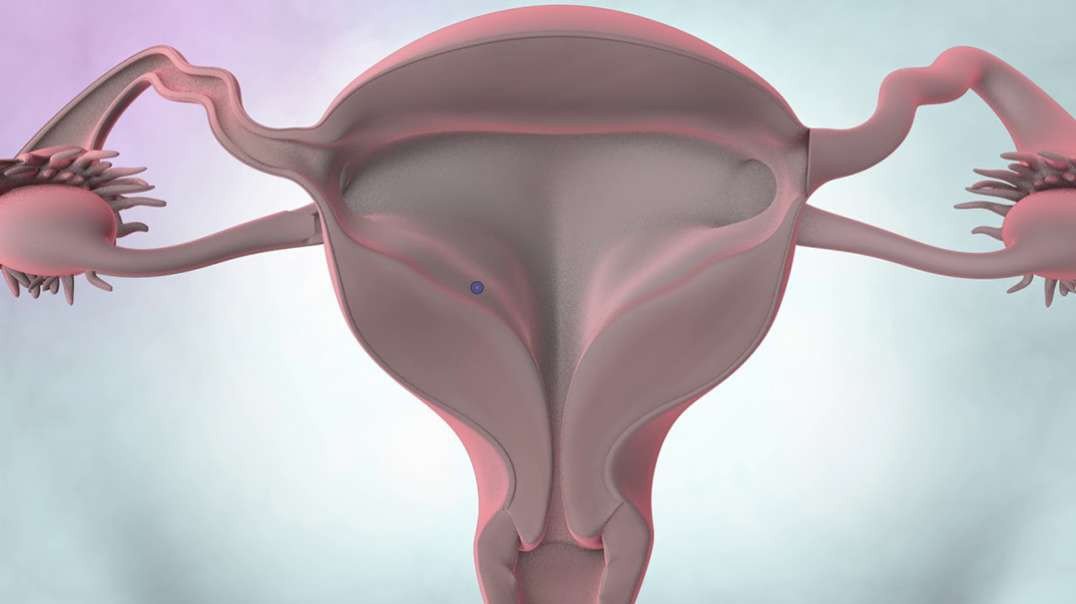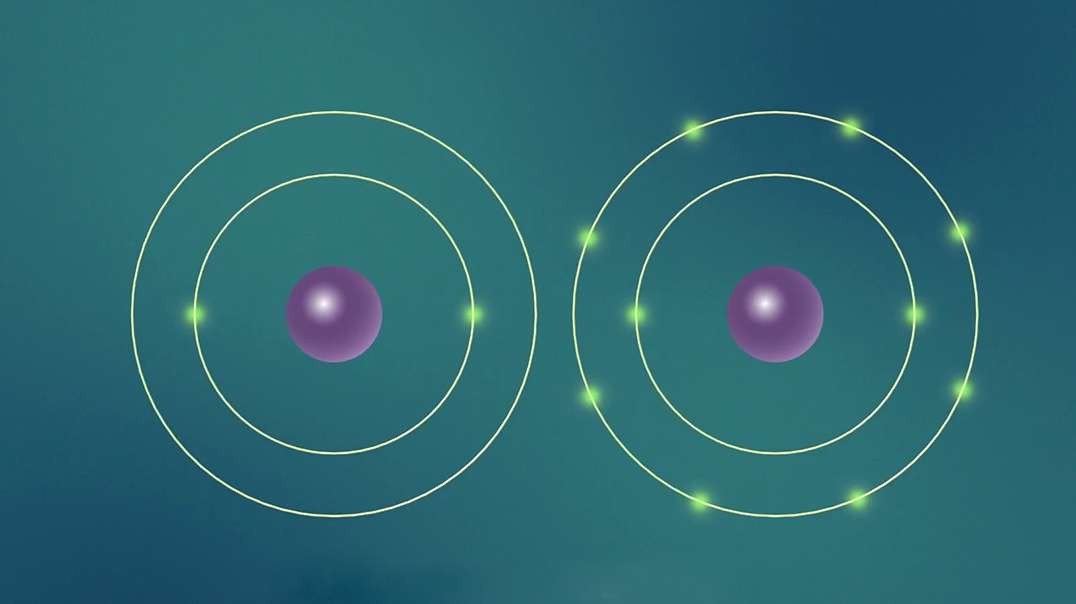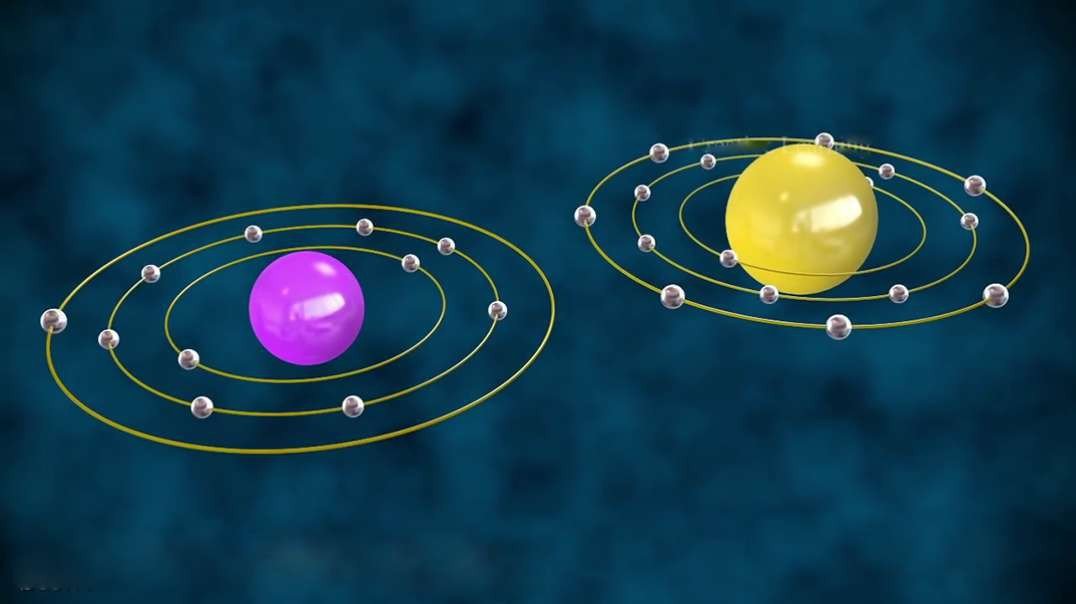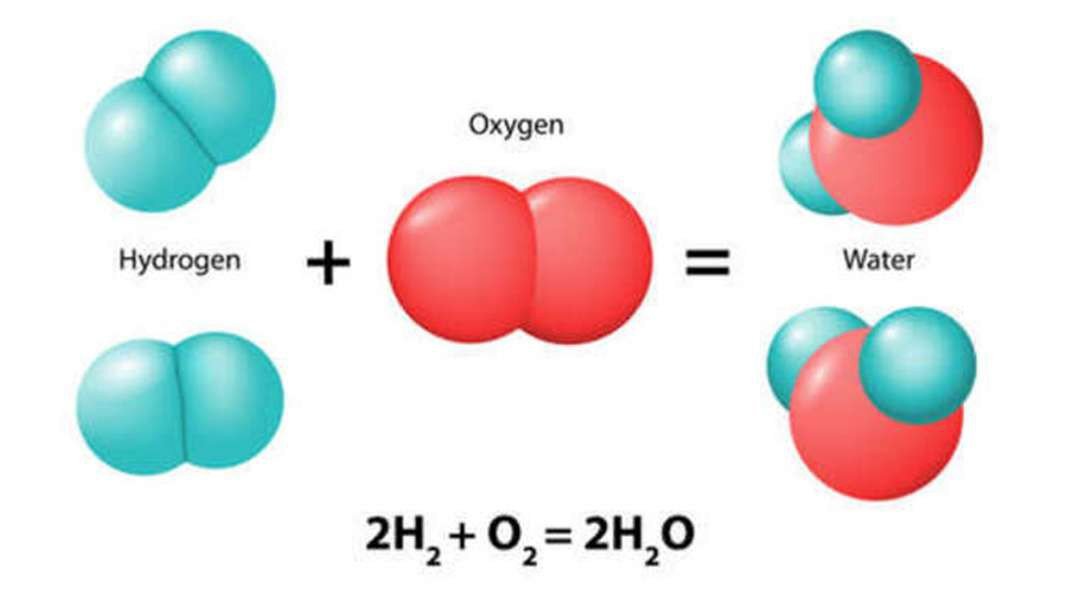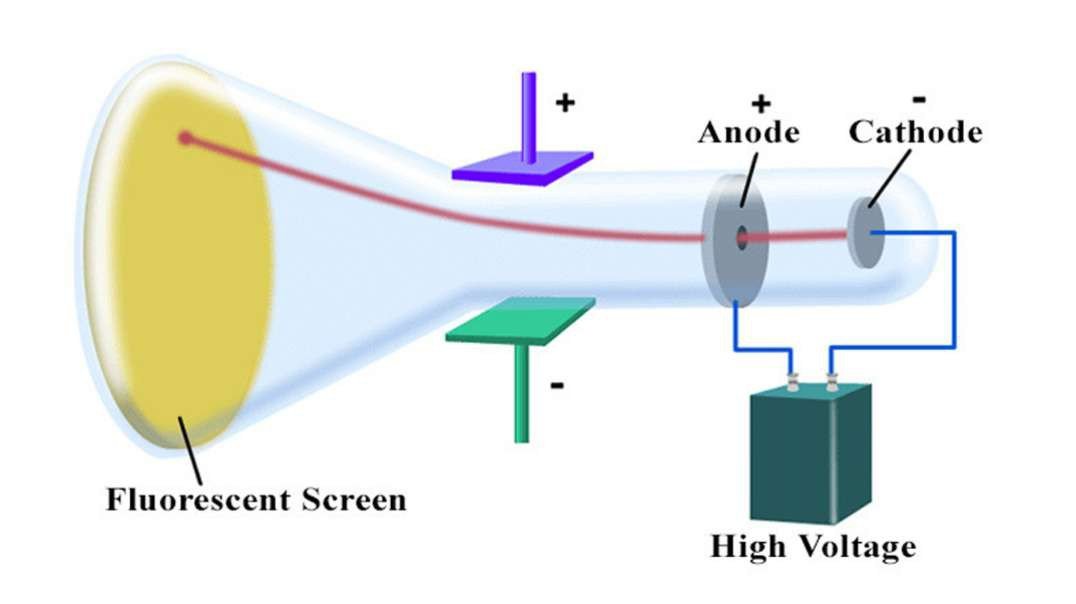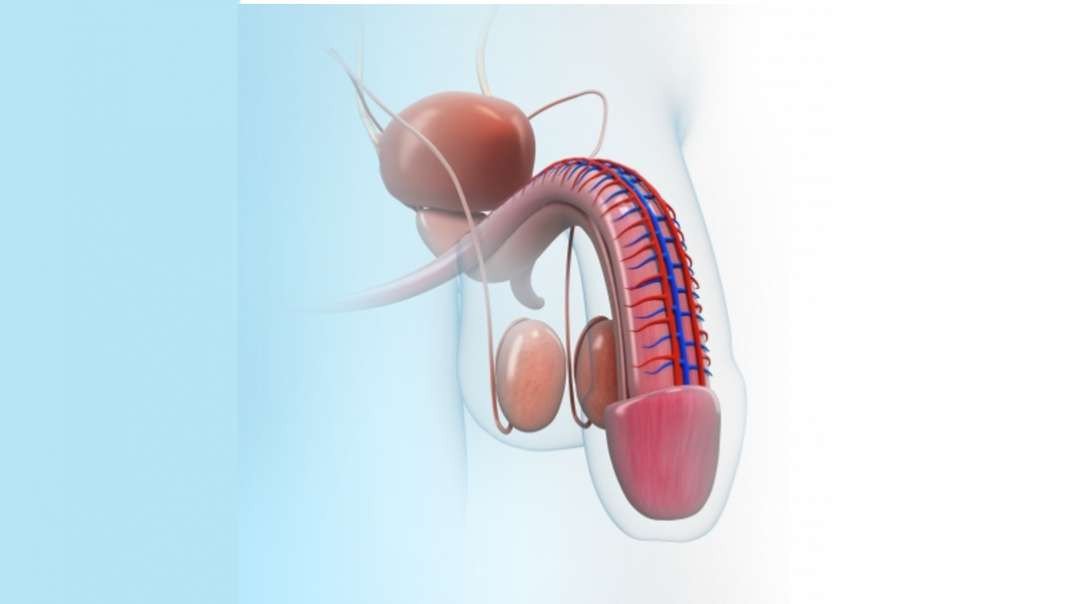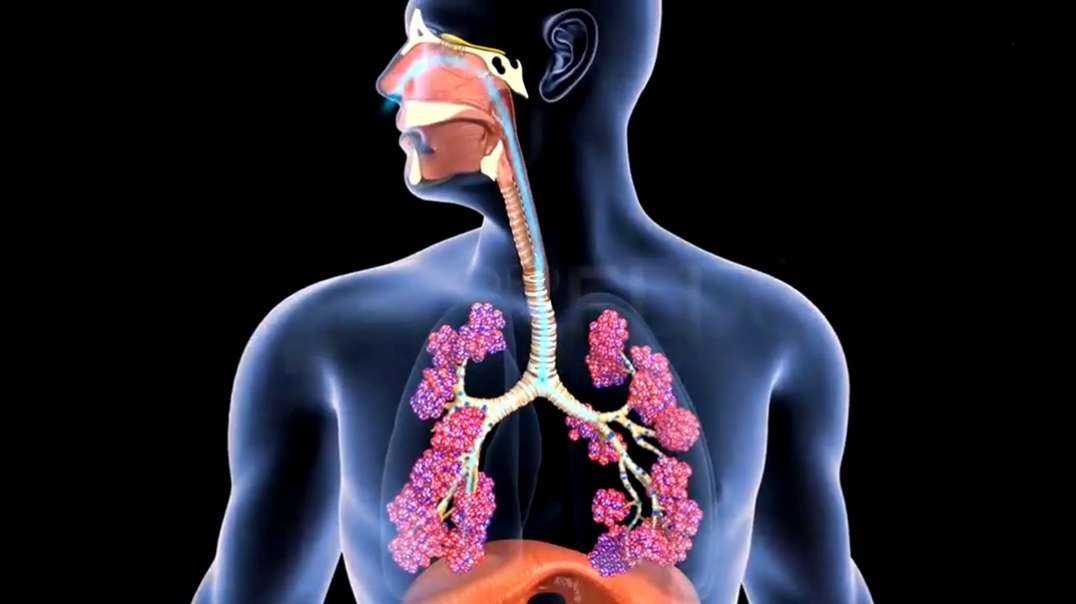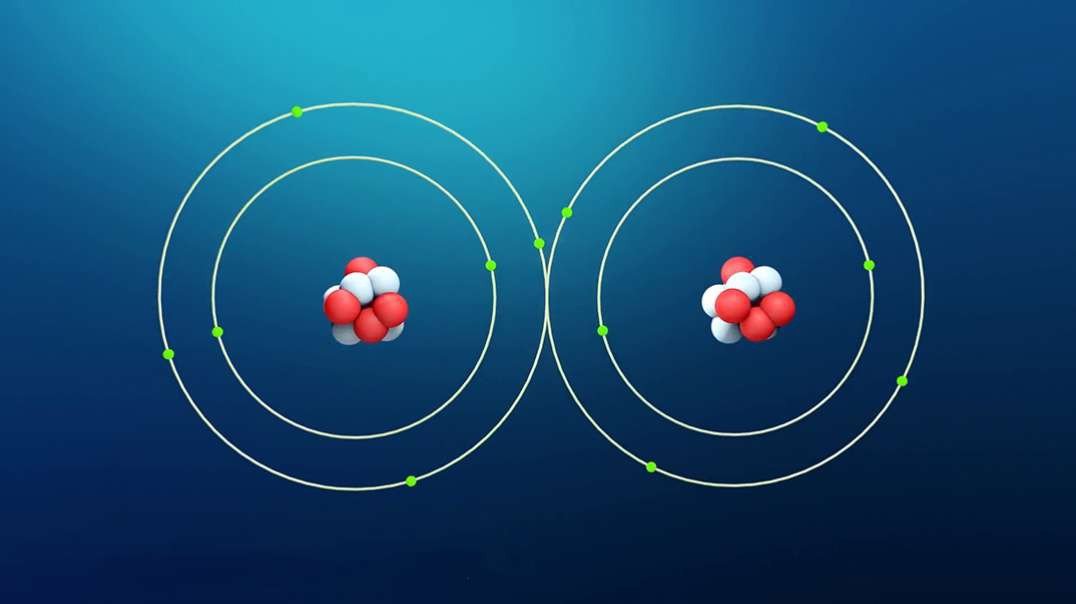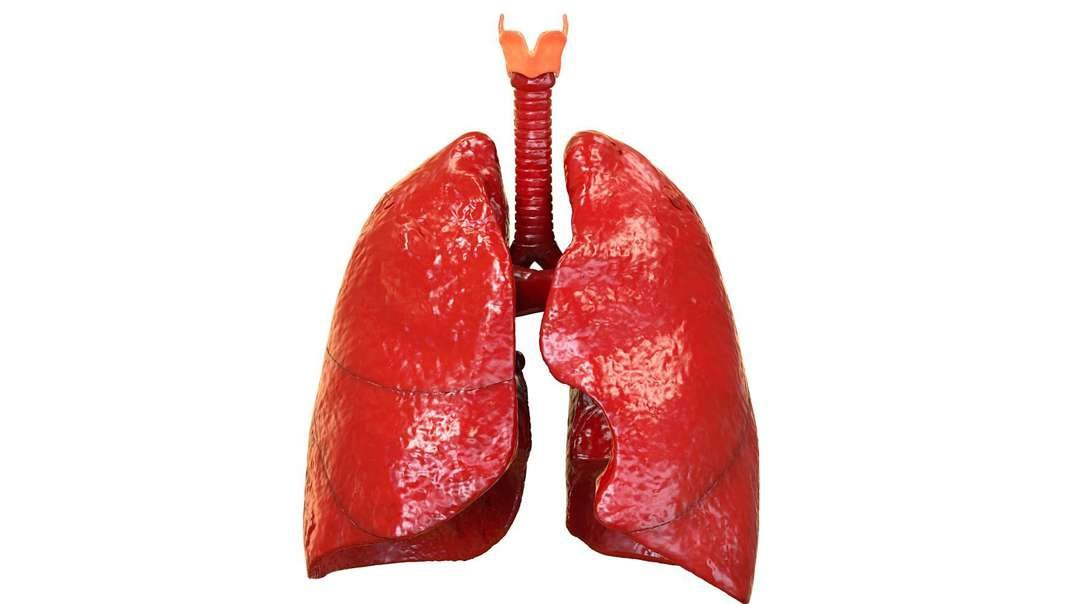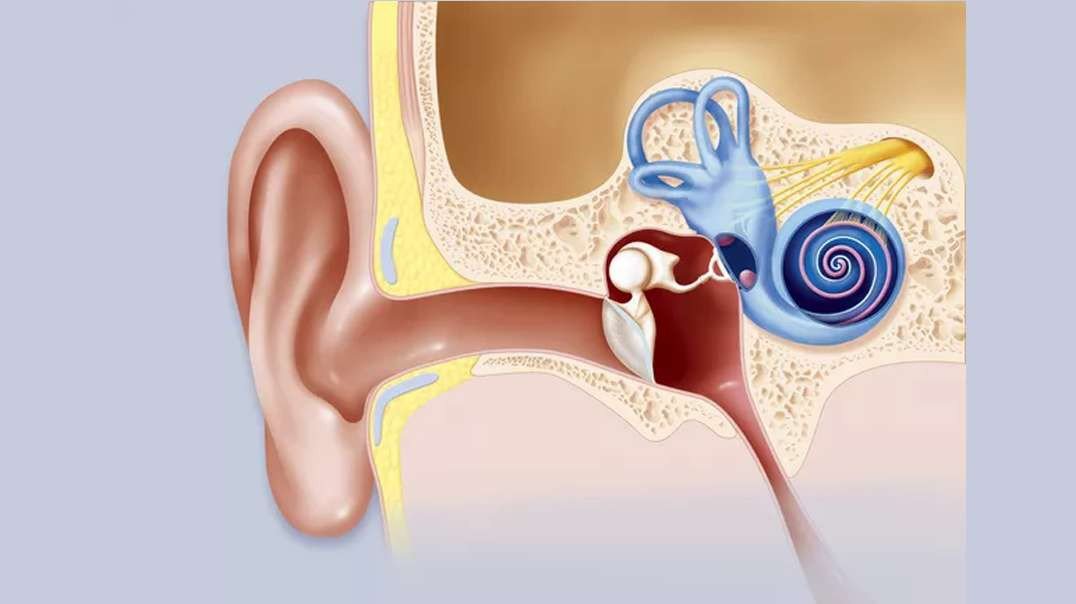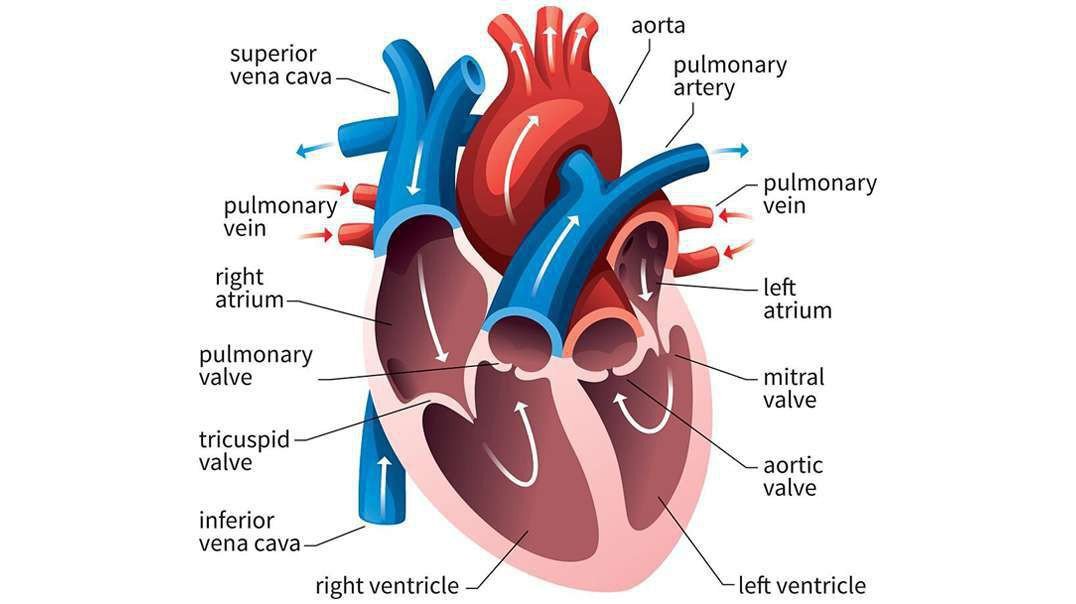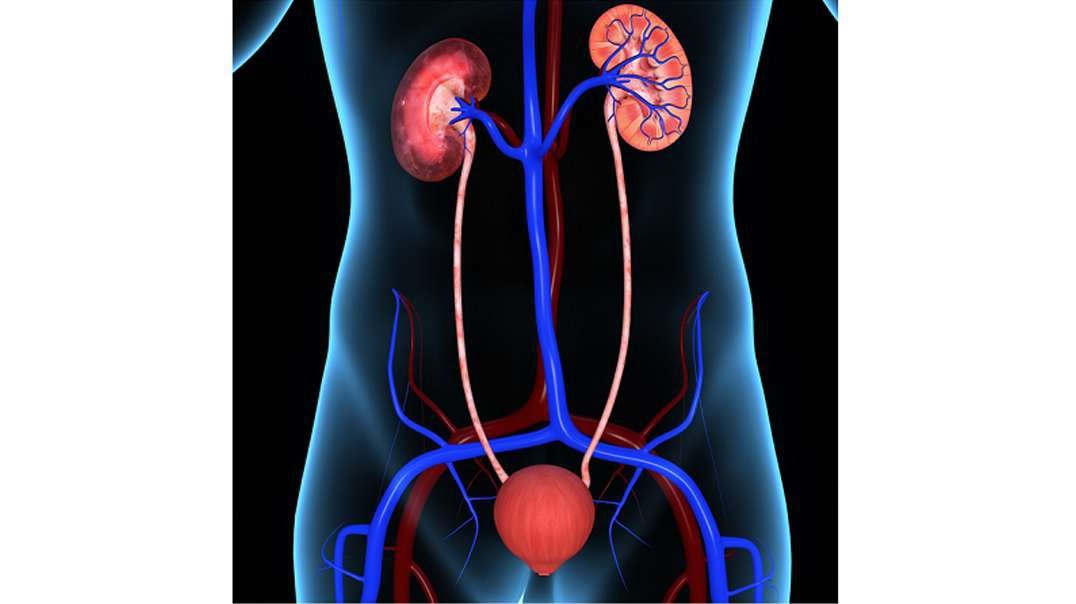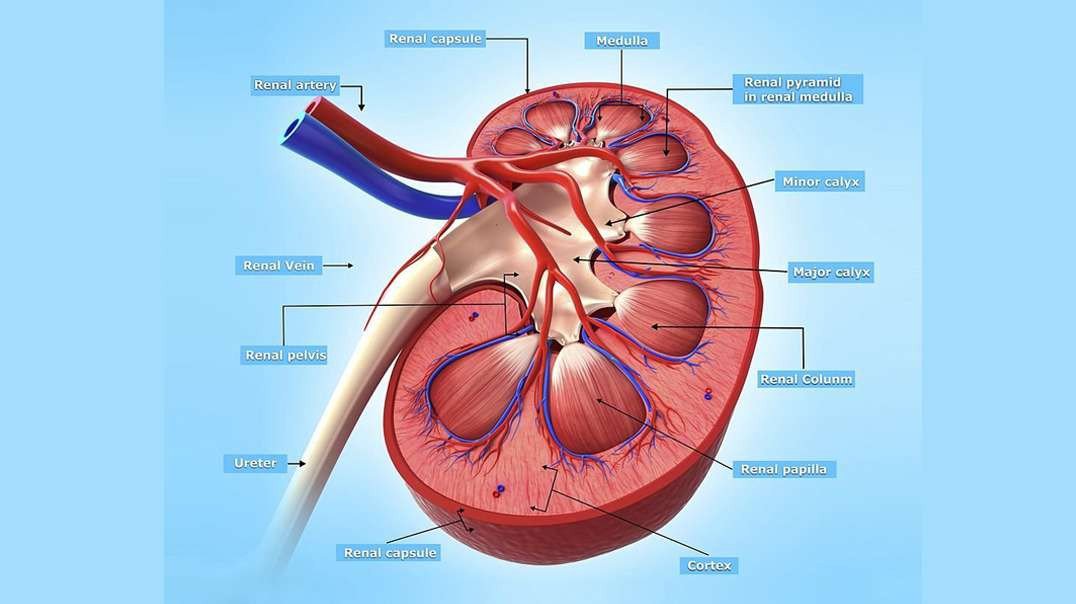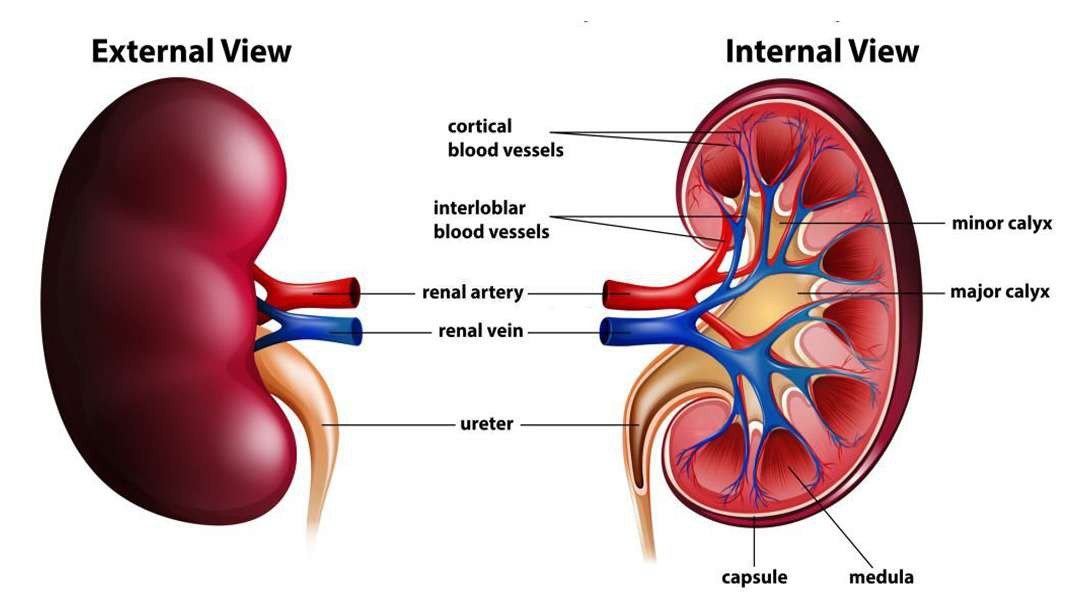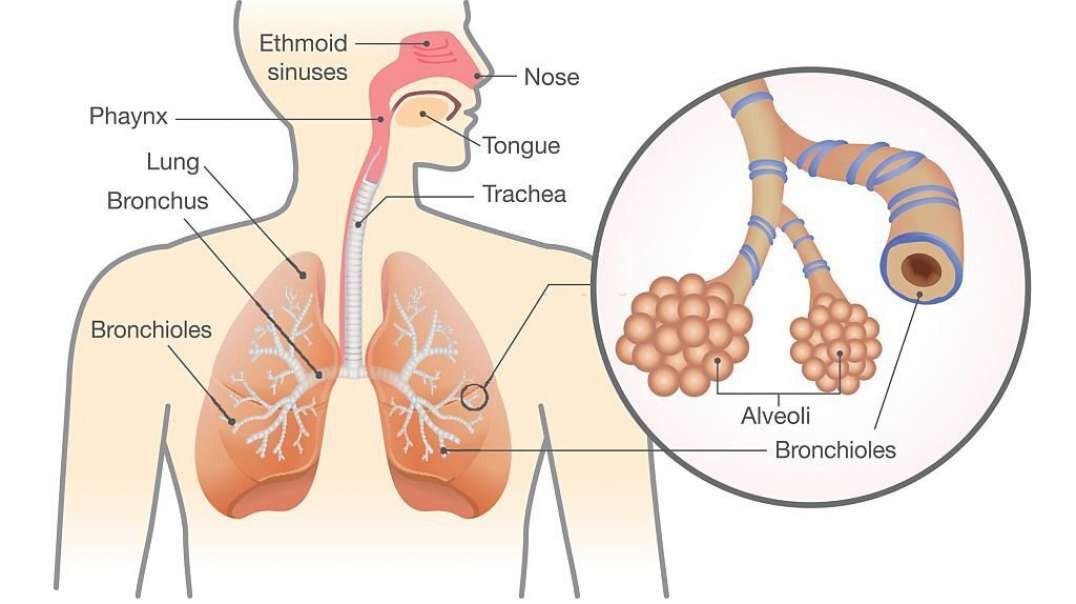
:
Human Respiratory System Overview
our respiratory system brings oxygen into your body and helps to remove carbon dioxide. Problems with your respiratory system can reduce the oxygen that reaches your lungs, which can make you unwell.
Parts of the respiratory system
Your respiratory system consists of the:
nose
pharynx
larynx
trachea (windpipe)
bronchi (branching from the trachea, and leading to smaller bronchioles)
lungs
Your lungs are in your chest, protected by your ribcage. You breathe in by contracting your diaphragm, a flat muscle at the base of your chest. This causes the chest to expand, drawing air in.
Air passes into your nose and through the upper airways to reach your lungs.
In your lungs, air sits in small air sacs called alveoli, which are right next to blood vessels. Oxygen travels from your alveoli into your bloodstream, and carbon dioxide travels the other way from your bloodstream into your alveoli. You then breathe it out.
